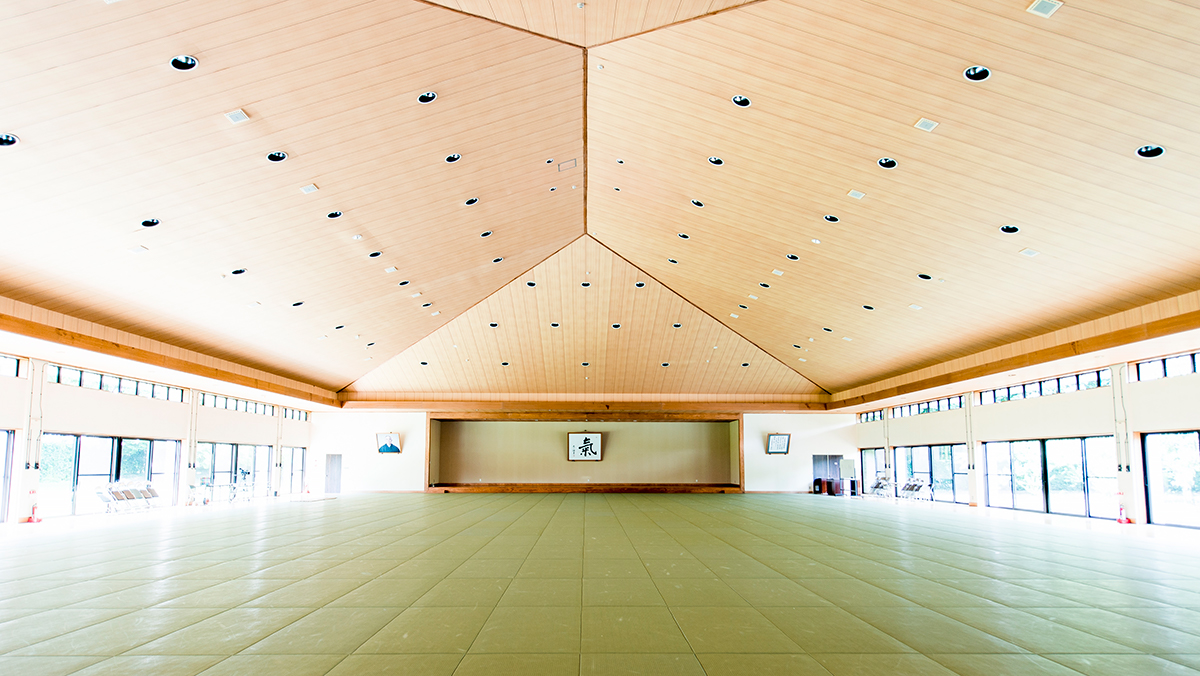Last month’s blog on “Training in Daily Life” had a big response so I would like continue a little more on the same topic again this month.
The term “Thank you” holds a very important meaning. My father would always show his appreciation by saying “thank you” when he received gifts or when he was being taken care of. Even when he went to the store to buy something he would always thank the staff at the store.
It is easy to understand that the staff at the store or business says “Thank you” to thank the customers for visiting or purchasing from them. However, it may be difficult for some people to understand why the customer needs to say “Thank you” after purchasing from the store.
Even while dining at restaurants, my father would always thank the waiter each time they served him. It is natural for a customer to get proper service as they are paying to get good service. But again, why is it necessary as customers to thank the staff after receiving service?
Again, it comes down to the same question.
From a young age, even without knowing or questioning the reason, I would also imitate my father and say “thank you” whenever I was being helped or assisted. Hence, I have also cultivated this habit till today.
During the times I have spent abroad in foreign countries, it was more common to hear people saying “thank you” compared to when being in Japan. Of course the cultural differences of Japan and countries overseas would not make this comparison easy, but to hear and feel the sincerity of each “thank you” being repeated was indeed a very pleasant feeling.
Simply put, this is not a matter of words, but the communication of Ki. It is also the same when we bow at each other and show thanks when practicing at the Dojo.
Whenever we used to stay at hotels, my father would always find out where the emergency exits were on his own.
When I became older, some of these roles became my duty. There are some exchanges of conversation I still remember to this day.
My Father: Have you checked where the emergency exits are?
Me: The exit is on the left when you leave the room.
My Father: Well, how do you open the door? By pushing the door outwards or by pushing the handle down and pulling the door inwards towards you?
Me: ………
My Father: Please go and check again.
After some time:
Me: The door opens by pushing it outwards.
My Father: That’s good. Is there only one emergency exit?
Me: ………
My Father: Please go and check again.
After some time:
Me: There are 3 emergency exits.
My Father: Would it be possible to walk to the exits with our eyes closed?
Me: …… What is the reason for walking to the exits with our eyes closed?!
I vented my irritation at my father for having me check so many times.
My father then explained: “If there is a fire, visibility will be poor because of the smoke. Electricity might also be cut off. Even if you know where the exits are during a bright and visible situation, in a fire you might not be able to find it. It is important to be aware of the walls leading to the exits so that during a fire you can get to the exit far from the fire by touching and following the walls.”
It is always important to know where the fire extinguishers are placed and which part of the building the emergency exits connect to. His cautiousness was learned from his experiences during the war. This checking and locating of exits then became my habit.
When I travel around Japan and overseas to teach and instruct at seminars, I have sometimes found the emergency exits in hotels locked or in some cases blocked by luggage and things. I have learned that in order to protect and/or even save my own life, I should not depend on someone else to take care of it.
This has since become a habit and I practice all the time.
The following story was after I became an Uchi-deshi to Tohei Sensei.
Whenever Tohei Sensei was invited to speak at a company or at organization functions, a waiting room where he usually waited was always prepared beforehand. There would always be a waste paper basket in the room to use. He would always caution me before we left the room to make sure to clean out the waste paper basket and not leave anything in it. I did not understand why it was necessary to clean out the waste paper basket whenever we left because isn’t a waste paper basket used for throwing trash?
When the seminars were finished, I always made sure the chairs and tables or cushions we used in the waiting room were put back in place before we left. I could understand later that successful people in many fields look and check this point and recognize it positively.
Since I became an instructor, these points have developed into an important habit.
These are many other examples and memories that I value from Tohei Sensei.
Hopefully when there is another opportunity I will be able to share more of it.

